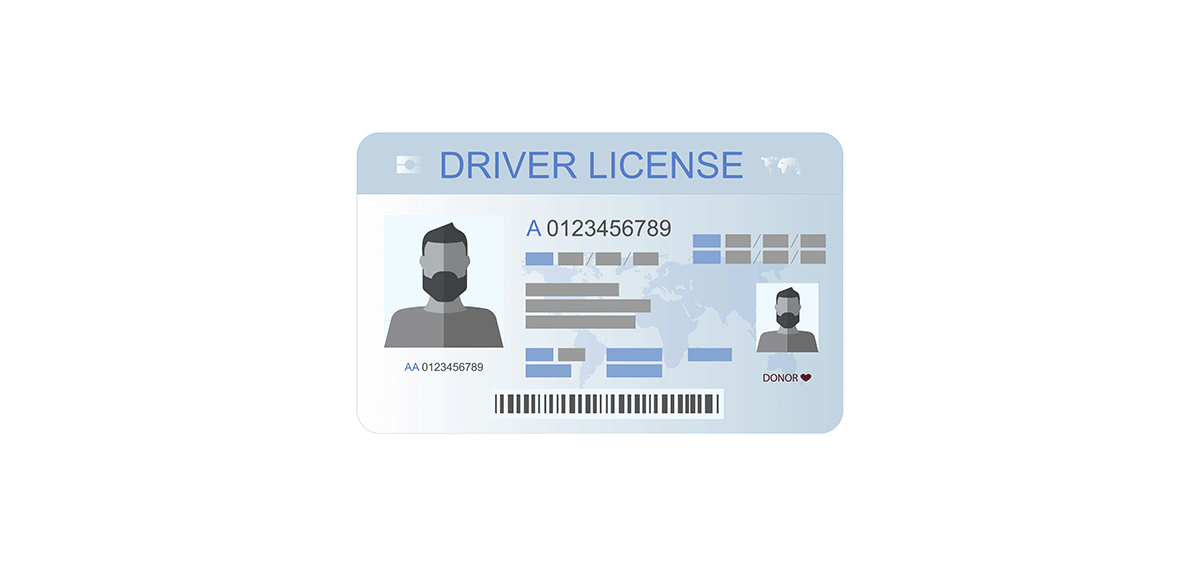If you need to renew your driver’s license, you may want to get a REAL ID. The REAL ID Act, passed by Congress in 2005, enacts the 9/11 Commission’s recommendation that the federal government set minimum security standards for state-issued driver’s licenses and identification cards.
Beginning October 1, 2020, residents of every state and territory will need to present a REAL ID-compliant license/identification card, or another acceptable form of identification (such as a passport), to access federal facilities, enter nuclear power plants, and board commercial aircraft. Although implementation has been slow, states have made progress in meeting the REAL ID Act’s recommendations. A majority of states and territories, along with the District of Columbia, have complied with all REAL ID requirements. The remaining noncompliant jurisdictions have been granted a temporary extension from the Department of Homeland Security.1
To obtain a REAL ID, you must apply in person at your state’s department of motor vehicles (or other approved service center). Your picture will be taken and signature captured electronically. You must provide more documentation than you would normally need for a standard driver’s license or identification card. A REAL ID requires that you show (in original or certified form) proof of identity and lawful presence (e.g., U.S. passport, birth certificate), state residency (e.g., mortgage statement, utility bill), and Social Security number (e.g., Social Security card, paystub). In addition, if your current name doesn’t match the one on your proof of identity document, you must prove your legal name change (e.g., marriage certificate).
When states first implemented REAL ID recommendations, applicants were faced with delays and long wait times. However, many states have since streamlined the process by allowing applicants to start the application process online. For more information on applying for a REAL ID, you can visit your state’s department of motor vehicles website or dhs.gov/real-id.
1 Department of Homeland Security, REAL ID Compliance Extension Updates, October 2018
Copyright 2006- Broadridge Investor Communication Solutions, Inc. All rights reserved.
Broadridge Investor Communication Solutions, Inc. does not provide investment, tax, or legal advice. The information presented here is not specific to any individual’s personal circumstances.
To the extent that this material concerns tax matters, it is not intended or written to be used, and cannot be used, by a taxpayer for the purpose of avoiding penalties that may be imposed by law. Each taxpayer should seek independent advice from a tax professional based on his or her individual circumstances.
These materials are provided for general information and educational purposes based upon publicly available information from sources believed to be reliable—we cannot assure the accuracy or completeness of these materials. The information in these materials may change at any time and without notice.
*Non-deposit investment products and services are offered through CUSO Financial Services, L.P. (“CFS”), a registered broker-dealer (Member FINRA / SIPC) and SEC Registered Investment Advisor. Products offered through CFS: are not NCUA/NCUSIF or otherwise federally insured, are not guarantees or obligations of the credit union, and may involve investment risk including possible loss of principal. Investment Representatives are registered through CFS. Coastal Federal Credit Union has contracted with CFS to make non-deposit investment products and services available to credit union members.
CFS representatives do not provide tax or legal guidance. For such guidance please consult with a qualified professional. Information shown is for general illustration purposes and does not predict or depict the performance of any investment or strategy. Past performance does not guarantee future results.
Trust Services are available through MEMBERS Trust Company. CFS* is not affiliated with Members Trust Company.






